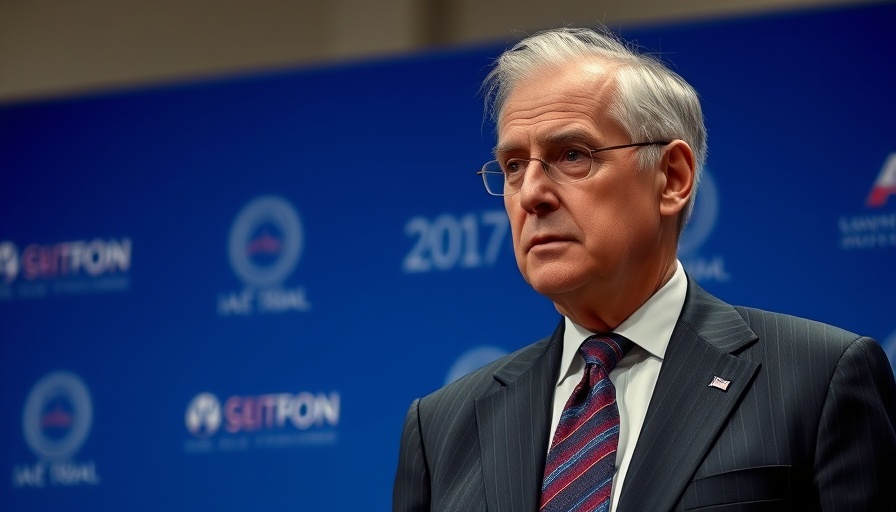
Understanding Interfaith Relationships in the UK
In modern Britain, the interplay of religion and personal relationships has become a crucial conversation point, especially for younger generations. The relationship between Adarsh Ramchurn, a Hindu, and Nav Sangha, a Sikh, epitomizes this unique dynamic. Their story reflects not only the love they share but the societal challenges they face. As they navigate their three-year bond, they often encounter not only resistance from traditional structures but also prejudice based on their ethnic backgrounds. These experiences invite a discussion on the broader implications of faith on relationships in today’s multicultural society.
Race, Religion, and Relationships: A Deep Dive
Adarsh and Nav’s love story puts a spotlight on the intersectionality of race, religion, and societal expectations. As Adarsh points out, their relationship is subject to criticism primarily due to their interfaith status and the colorism that persists in society. This brings attention to a larger phenomenon where love between individuals from different cultural backgrounds often encounters skepticism. With statistics showing that a significant number of youth in the UK still maintain a belief in deities, one must wonder how this faith reflects in their personal lives. Many young people, like Adarsh and Nav, desire to unite faiths in marriage and family, indicating a shifting paradigm.
The Role of Family and Tradition in Modern Relationships
In a candid moment, the couple acknowledges the significance of discussing interfaith dating with their families. Nav emphasizes the importance of communication, stating, "If you can have the open discussion [about] dating outside of your religion… I’d always say [you should]." This perspective underlines the tendency for traditional beliefs to seep into personal choices and highlights how families can influence relationship dynamics. The question arises: How do family beliefs shape individual choices in a multicultural context? This topic merits further exploration, echoing the sentiments shared by numerous individuals about the weight their family traditions carry.
Exploring Diverse Perspectives: A Call to Acceptance
The narratives shared by individuals like Junaid Ahmed, a gay Muslim, further enhance this conversation. Junaid's reflection on fear of rejection from loved ones serves as a sobering reminder of the consequences faced by those whose identities clash with familial religious beliefs. These stories compel us to consider the emotional toll that societal and familial expectations exert on personal happiness. It raises an essential question about empathy towards diverse personal experiences in relationships across various faiths.
The Future of Interfaith Relationships: Inclusion and Adaptation
As interfaith couples, like Adarsh and Nav, contemplate marriage, they are presented with the challenge of embracing and combining their traditions. The potential for a dual ceremony signifies a new outlook towards inclusivity in faith, where children's upbringing can benefit from exposure to multiple perspectives. Such trends could redefine the religious landscape in Britain, where acceptance and coexistence might pave the way for a more harmonized society.
Community Support and Personal Growth
Importantly, while facing backlash, Adarsh and Nav find encouragement from supportive communities. This highlights the necessity of solidarity among individuals who resonate with interfaith experiences. When communities endorse diversity and provide space for conversations about love across religions, they help create environment where people feel accepted for who they are. This should inspire communities to foster dialogue and understanding rather than isolation.
Conclusion: Embracing Love Beyond Boundaries
The stories of interfaith couples across the UK illustrate the profound complexities arising from the merger of love, belief, and culture. In a world increasingly characterized by globalization and diversity, understanding how religion influences relationships is paramount. As we reflect on Adarsh and Nav's journey, we are reminded of the underlying unity and love that can thrive, transcending traditional boundaries. Let this serve as a call to embrace conversations around interfaith relationships, valuing love as a bridge that unifies rather than a barrier that divides.
 Add Row
Add Row  Add
Add 




Write A Comment